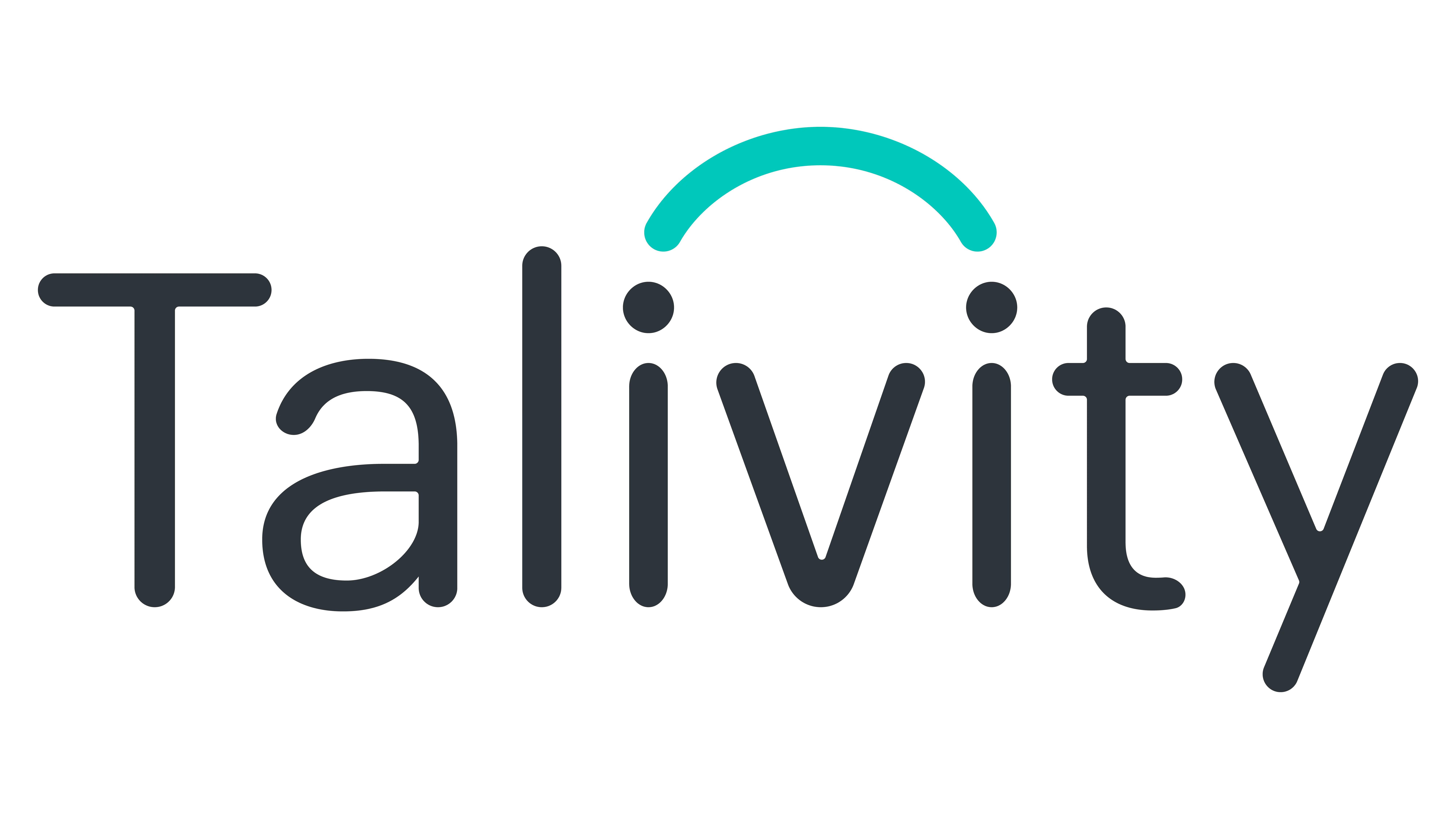Find the right solution for your business.
Explore SolutionsTo learn about companies innovating CSR like these and more talent acquisition tips, subscribe to our newsletter here. It’s free!
April is Earth Month—the perfect time to highlight the trailblazers in corporate social responsibility who are making a significant impact across various industries. FastCompany’s list of the Most Innovative Companies in 2024 for CSR highlights the organizations that are not just fulfilling the basic expectations of social responsibility but are leveraging their market positions to foster substantial changes.
These companies are pioneering innovative ways to reduce the environmental impact of their operations, address global health disparities, enhance digital inclusivity and provide crucial support to underserved communities.
Most Innovative CSR Companies in 2025
1. Verizon
Verizon has significantly enhanced its support for first responders in emergencies, especially when natural disasters knock out usual communication networks. The company’s Frontline Crisis Response Team has developed mobile technologies such as a drone-mounted mini cell tower that provides coverage even when traditional telecom infrastructure is destroyed. This allows first responders to maintain communication in critical conditions.
Verizon also launched a rugged device capable of connecting 120 people with 5G and satellite internet. They also released a specialized electric motorcycle that delivers communication tools to hard-to-reach areas, like dense forests. Last year alone, Verizon deployed nearly 7,000 devices and activated its response tools 789 times, demonstrating a strong commitment to supporting emergency communication needs in extreme situations.
2. United Airlines
United Airlines is advancing environmental sustainability in aviation with its United Airlines Ventures (UAV) Sustainable Flight Fund, established in February 2023. This fund supports startups developing sustainable aviation fuels (SAF) made from waste materials like agricultural residues, offering a cleaner alternative to traditional jet fuel without needing engine modifications.
The fund has raised over $200 million from various sectors, including airlines, oil producers and banks, reflecting widespread support for sustainable practices. United also engages customers directly, having collected over $500,000 from 115,000 passengers through ticket purchases. Additionally, United introduced a tool to estimate flight carbon footprints during booking, further enhancing transparency and promoting environmental awareness.
3. Gilead Sciences
Gilead Sciences is actively addressing health disparities through initiatives targeting AIDS and viral hepatitis in underserved communities. The company’s Zeroing In program, launched in 2021, recently allocated $3 million to support HIV-affected rural communities in the U.S., improving access to crucial healthcare services.
Further enhancing its efforts, Gilead introduced the Setting the P.A.C.E. Initiative, committing $10 million over three years to advance HIV prevention and health equity for Black women and girls in the U.S., and reduce disease stigma. Additionally, Gilead’s $8 million ReLink program aims to reconnect individuals with untreated hepatitis B or C to healthcare resources. These efforts demonstrate Gilead’s commitment to reducing health inequities and improving support for marginalized groups.
4. Estée Lauder
The Estée Lauder Companies, in collaboration with Amanda Gorman, launched the Writing Change initiative in 2022 to enhance literacy and mentorship for at-risk youth. This program, in its first year, has already provided writing workshops and educational support to over 500 young people through partnerships with organizations like WriteGirl.
Additionally, Estée Lauder‘s initiatives, including Girls Write Now and the Civic Imagination Station, have engaged 600 youths across 30 states, promoting diverse expressions. They also partnered with We Need Diverse Books to distribute over 600 books to schools, helping to ensure that students have access to literature that reflects their backgrounds. These efforts showcase Estée Lauder’s commitment to fostering inclusive educational opportunities.
5. Stripe
Stripe is actively advancing climate solutions by enabling its customers to easily purchase carbon removal credits through its Climate Orders platform, launched in 2023. This feature allows businesses to meet climate commitments efficiently and also offer carbon offsets to their customers.
Stripe’s engagement extends through Frontier Climate, a collaboration that includes tech giants like Alphabet and Shopify, committed to investing $1 billion in carbon removal projects. This initiative shows Stripe’s dedication to environmental sustainability and empowers smaller businesses to contribute to pioneering climate technologies. This will hopefully enhance funding opportunities for the growing carbon removal industry.
6. Ikea
Ikea has successfully surpassed its target of assisting 2,500 refugees and asylum seekers between 2019 and 2023, ultimately helping nearly 3,000 individuals. Through initiatives like the Refugee Workforce Inclusion program in Australia, the company has transitioned participants from short-term placements to permanent employment, enhancing stability for displaced persons.
In response to global crises such as the war in Ukraine, Ikea developed the Displaced Talent Framework to streamline employment for those ready to work. By the end of 2023, this initiative supported an additional 332 workers. Encouraged by these outcomes, Ikea announced at a United Nations refugee forum its commitment to assist 3,000 more displaced individuals by 2027.
7. Mastercard
The Mastercard Center for Inclusive Growth is significantly aiding global small businesses in transitioning into the digital economy, aiming to include 1 billion people and 50 million businesses by 2025. Through the Mastercard Impact Fund, it provided $68 million in 2023 to enhance access to capital and digital resources, improving financial mobility. In collaboration with Consumers International, Mastercard is also improving digital financial protections for underserved communities.
Furthering these efforts, the Strive initiative launched in 2022 helps small businesses access necessary capital and digital expertise. This program has already distributed over $20 billion in capital, supporting smaller financial institutions and connecting businesses with tech partners and expert networks. After its success in the U.S., Strive expanded into Malaysia, Indonesia and India in 2023.
8. Salesforce
Salesforce is leveraging AI for social good through its Salesforce Accelerator AI for Impact program, which launched last summer with a $2 million fund. This initiative helps purpose-driven organizations adopt AI technologies by providing financial support and consulting from Salesforce experts.
Beneficiaries include Beyond 12, an Oakland-based nonprofit that uses AI to identify and assist first-generation college students. Other projects feature the U.K.’s Teacher Development Trust, which created an AI assistant for teacher training. Lastly, College Possible implements AI to enhance coaching for college admissions in underserved communities.
9. Glossier
Glossier is advancing inclusivity in the beauty industry with its Grant Program for Black-Owned Beauty Businesses. This initiative, aimed at addressing the revenue disparity in the U.S. beauty market, has continued to grow despite industry-wide budget cuts, expanding into the U.K. and contributing a total of $1.4 million.
The impact of the program is evident as grantees, including companies like Soss and Flora & Noor, have achieved notable successes. These include increased investments, awards from Allure’s Best of Beauty and expanded distribution through major retailers, showcasing Glossier’s commitment to democratizing beauty.
10. Starbucks
Starbucks is enhancing its sustainability efforts by installing 50 fast chargers at 15 locations along a 1,350-mile route from Denver to Seattle. Launched in 2023 in partnership with Volvo, this initiative places chargers roughly every 100 miles in states like Colorado, Utah, Idaho, Oregon and Washington. Their goal is to facilitate easy electric vehicle travel between the two cities.
This pilot charging network supports Starbucks’ goal to reduce emissions by 50% by 2030. They aim to address not only store and coffee production emissions but also those from customer vehicle use. Many chargers are located in Federal Opportunity Zones, increasing access in underserved communities and contributing to Starbucks’ broader environmental commitments.
These companies demonstrate how CSR strategies can significantly benefit both society and the environment. Their commitment sets a strong example for others to take meaningful action in their CSR strategies.
To learn more about how you can integrate sustainability and CSR into your talent acquisition strategies, sign up for our next Hiring Leadership Lab coming up on May 7!
For a comprehensive list of the most innovative recruitment marketing tech companies like these and more, visit our marketplace today. Happy hiring!

